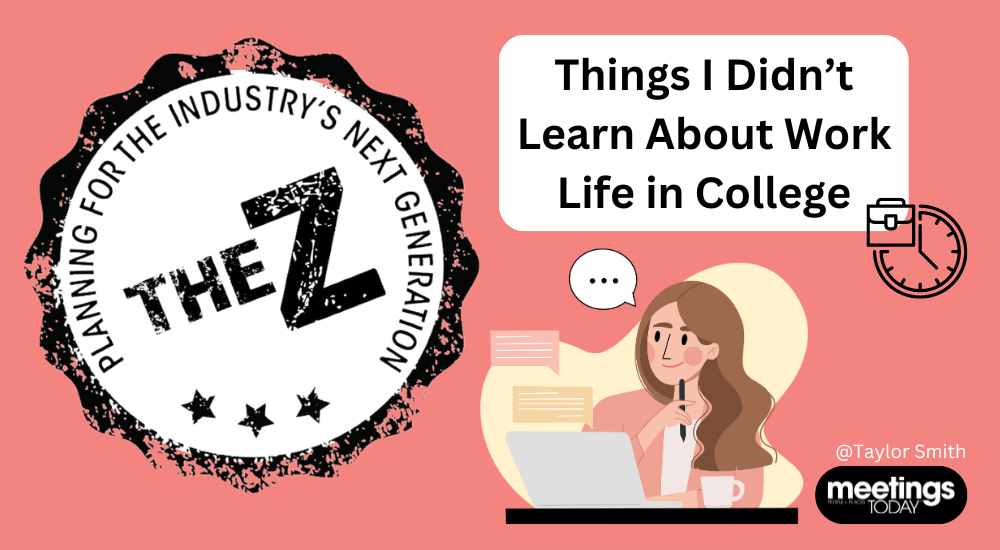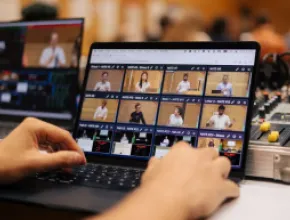I learned a lot more than the basics of magazine writing and editing as a college student.
Living on campus gave me my first real taste of independence as I adjusted to my family being across state lines rather than across the street. My days no longer ran on an 8 a.m.-to-3 p.m. schedule determined by my high school guidance counselor.
College taught me I’m not a morning person and am much more productive and creative after the sun sets, and that my living space gets a lot messier a lot faster without my parents around to hold me accountable.
I learned that time does go by faster the older you get, that $100 doesn’t go as far as it did when I was a little girl shopping at Toys “R” Us, and that cooking can be a real pain in the butt.
By the time graduation came around, I thought I had learned enough to be prepared for what was out there in the “real world.” But a few weeks in the real world taught me that I actually didn’t know anything at all.
Stepping into life as a working adult made me feel like all the years I spent being a student were also spent living inside of a protective bubble strong enough to withstand the realities of adult life pelting it without popping.
The second I transitioned from a student to a working adult that protective bubble burst, the realities of adult life set in and I realized that no amount of college can prepare you for what real life is like. Nothing really can.
The only way to learn how to navigate being a working adult in the “real world” is to be a working adult in the real world, and to take it one day at a time.
After nearly two years of doing exactly that, I hope my experience and ruminations will help other young people embarking on a career, especially in a field as chaotic and undefined as the hospitality industry.
[Related: The Z: How to Attract and Hire Gen Z Employees in the Events Industry]
Time Management and Work-Life Balance
I was an incredibly busy student with a triple major, on-campus job and leadership roles in student media outlets, but I was naïve to think that lifestyle would prepare me for a full-time job.
As a student, I may have put in eight hours of work per day, but those hours were broken up, with hour-long lectures sometimes followed by even longer breaks. My days rarely started before 9 a.m. as I knew I wasn’t an early riser, and most of the time I had free time in the mornings and afternoons to exercise and socialize.
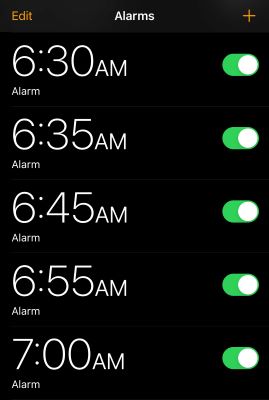
Working full-time doesn’t give you that kind of flexibility, especially in the fast-paced meetings and events industry where people often work odd hours and are frequently on the road.
Your priorities shift from getting lunch with your friends to making sure you give yourself enough time to eat lunch at all. And when you do have time to step away from your desk for a lunch break, instead of sitting down to watch an episode of your favorite show on Netflix or meeting your friends for a bite to eat, you’ll likely spend it trying to catch up in other areas of life. (My lunch hours are often spent folding laundry, walking my dog or going to doctor appointments.)
Time management as a college student looks entirely different from time management as an adult working 8 to 5 every day, and that’s a jarring adjustment nothing can really prepare you for. It’s also an adjustment that requires a lot of sacrifice and re-evaluating your priorities. I often have to ask myself, “What matters more?” Those decisions are rarely easy.
Adult life requires a higher level of patience with yourself as you adapt to a new routine, and figuring out what that routine looks like may take longer than you’d expect. Nearly two years into my full-time job and I am still trying to figure it out myself.
If there is one mantra I live by right now, it’s “one day at a time.”
[Related: The Z: Experiencing The Hotel at Kirkwood Center’s Hospitality Arts Program]
Working Remotely
While many of today’s recent and current college grads have attended classes virtually from the comfort of their beds (literally), working remotely comes with its own set of challenges.
For starters, while it’s never really been appropriate to attend virtual college courses in your pajamas, it certainly isn’t appropriate to log onto a work meeting wearing the same clothes you slept in the night before.
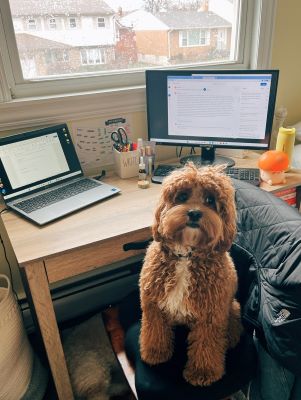
When you’re not required to go to work in an office, the responsibility to establish your own professional setting and hold yourself accountable to getting there ready and on time every day can be a challenge.
On the flipside, it’s equally as hard to “remove” yourself from that professional setting once the workday is done when you live and work in the same place.
Working remotely provides a whole new set of challenges when it comes to work-life balance. Sometimes, the distractions of working from home make it feel impossible to get any work done, and other times, work takes up so much of your time and energy that even after hours you can’t escape it.
I’ve had days where it’s 7 p.m., and while everyone else at home is relaxing for the evening, I feel guilty for not working just because of how conveniently I can. I’ve also worked late into the evening because the distractions of living at home prevented me from focusing on what I had to get done for the day.
One of the biggest challenges I have faced working remotely in my parents’ home is helping them understand that just because I am home doesn’t mean I’m not working. It’s also taken away a lot of those feelings of independence I had when I had my own space in college.
Working remotely from their basement has required a new type of self discipline and tons of open communication to negotiate a new at-home dynamic.
Every day working from home looks different, but it gives me the flexibility to work from a dog-friendly coffee shop every now and again (which my puppy, Romeo, thinks is the best part of my job).
The Reality of Responsibility
My confidence in my writing and editing took a hit when I took those skills and put them into practice in a professional setting.
College is where you learn all the basic skills required for the career path you want to pursue—in theory. When I graduated, I felt prepared to take what I’d learned and apply it to a full-time job. But when that time came, I experienced impostor syndrome like I never had before, and overcoming the fear that I wasn’t cut out for the work I was doing was challenging.
Taking what you learn in college and applying it to a job in the “real world” puts a whole new type of responsibility on your shoulders. If you fail at something in your career, the consequences are a lot different than failing at something in a college course.
Taking ownership of projects and tasks in the workplace is a big leap from when you had supervision from professors and clear instructions laid out for you on course assignments.
But the more you do it, the easier it becomes. Someone once told me that practice doesn’t make perfect, it makes progress. I’ve found that mentality very helpful as I’ve begun my career.
[Related: The Z: Interactive Strategies for Engaging Gen Z Attendees This New Year]
Practicing Professional Communication
I may be a writer, but that doesn’t mean I’ve always been a strong professional communicator. (I still express all my emotions using emojis.) When I started working full time, one of the first lessons I learned was how important it is to be able to write professional emails, which meant I had to give up things like not bothering to use proper capitalization, failing to punctuate my sentences and incorrect spelling.
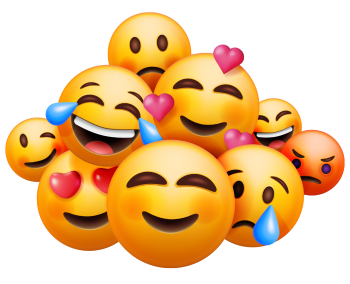
It also meant I had to give up some of my favorite sarcastic email sign-offs, including:
- Pls be nice, I’m just a girl
- Live, laugh, leave me alone
- Please hesitate to reach out
- If you have any questions, pls ask someone else
- Another day, another slay
- Hasta la pasta
- Okie byeeeee
After two years of writing professional emails though, I’ve also come to realize that it’s okay to include some personality here and there, as long as you keep it professional. I still use emojis, and I definitely use more exclamation points than necessary, and while I was worried at first about coming off as unprofessional, I was pleasantly surprised to hear from multiple people that they could practically feel my positive energy and excitement about my job or the project I am working on through my emails.
They appreciated my authenticity, and in some ways it made them feel comfortable being more outgoing in their email responses to me, too. Now, I have contacts who respond to my emails with emojis in their subject lines, and some who even sign their emails off with quirky and witty phrases like those above.
Finding a balance between professionalism and staying true to my personality took some time, but it was worth it in the end to develop professional relationships in which I could continue to be myself.
Setting Boundaries
Between the struggle of separating work from life while working remotely and convincing myself that I am qualified and deserving of my job, learning how to set boundaries at work has probably been the hardest lesson of all.
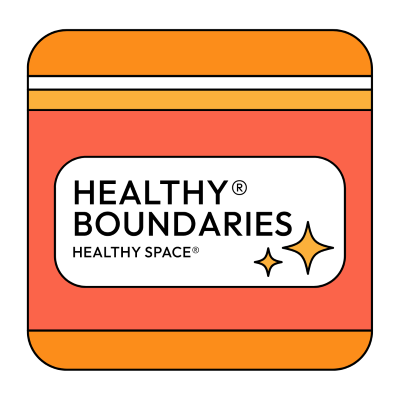
For me, the struggle of setting boundaries at work comes as a result of how difficult the job search process was for me. I was so thankful to find a job and a company willing to hire me out of college that I didn’t care what my salary looked like or how many vacation days I got. All I cared about was proving to them that they didn’t make a mistake when they hired me. Two years later, I still care about that just as much.
That fear of letting my team down led to me saying yes to projects I didn’t have the time or capacity for, working unpaid overtime hours and outside the scope of my responsibilities. (Not because my job required me to, but because I failed to set boundaries with myself.)
I love my job, and I mean it when I say I’d do anything for the company I work for, but in making my job a priority as much as I have, I failed to make myself a priority, too.
The hardest lesson I’ve had to learn in my career is that it’s okay to say no—in fact, it’s necessary to say no. You can work as hard as you possibly can for as long as you possibly can, but if you’re not taking care of yourself, the work will only be as good as you feel.
You can love your job with your whole heart and soul, but your job will suffer if you don’t love yourself just as much.
Logging out with love,
Taylor
Have a question about Gen Z or a topic you’d like to learn more about? Share your thoughts with Taylor at taylor.smith@meetingstoday.com, on Instagram at @tay__writes or on X at @taywrites.
Mission Statement: "The Z: Planning for the Industry’s Next Generation" is a Meetings Today column discussing the meetings and events industry’s newest and youngest members—the incoming Generation Z. Written by Meetings Today’s Taylor Smith, a member of Gen Z herself, The Z explores how to welcome, work with, understand and plan for the industry’s next wave of professionals while serving as a guide for members of Gen Z themselves, planners and attendees alike.
Read more from "The Z: Planning for the Industry’s Next Generation."



